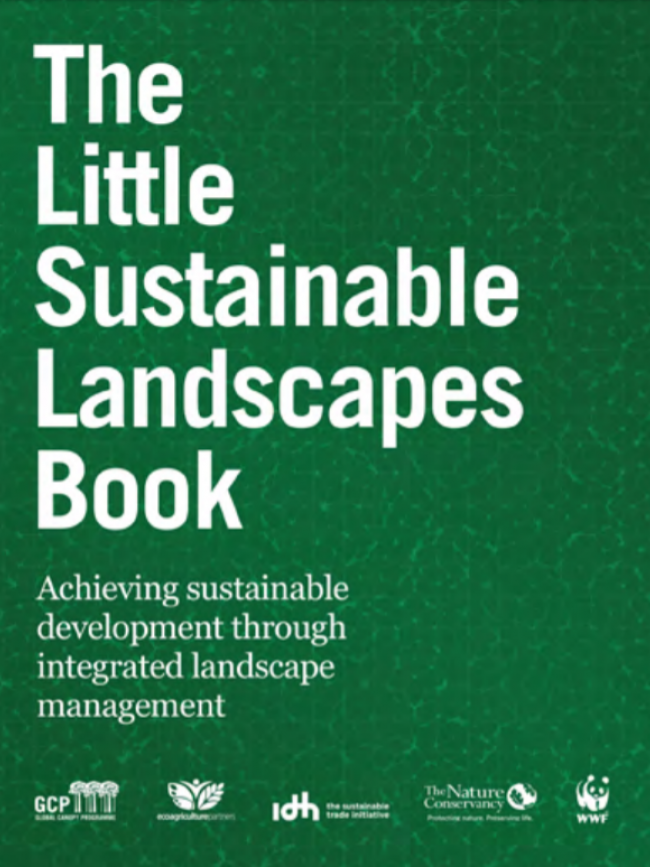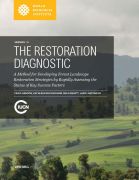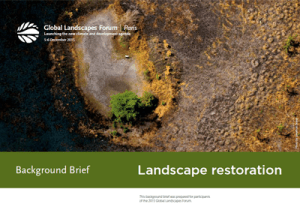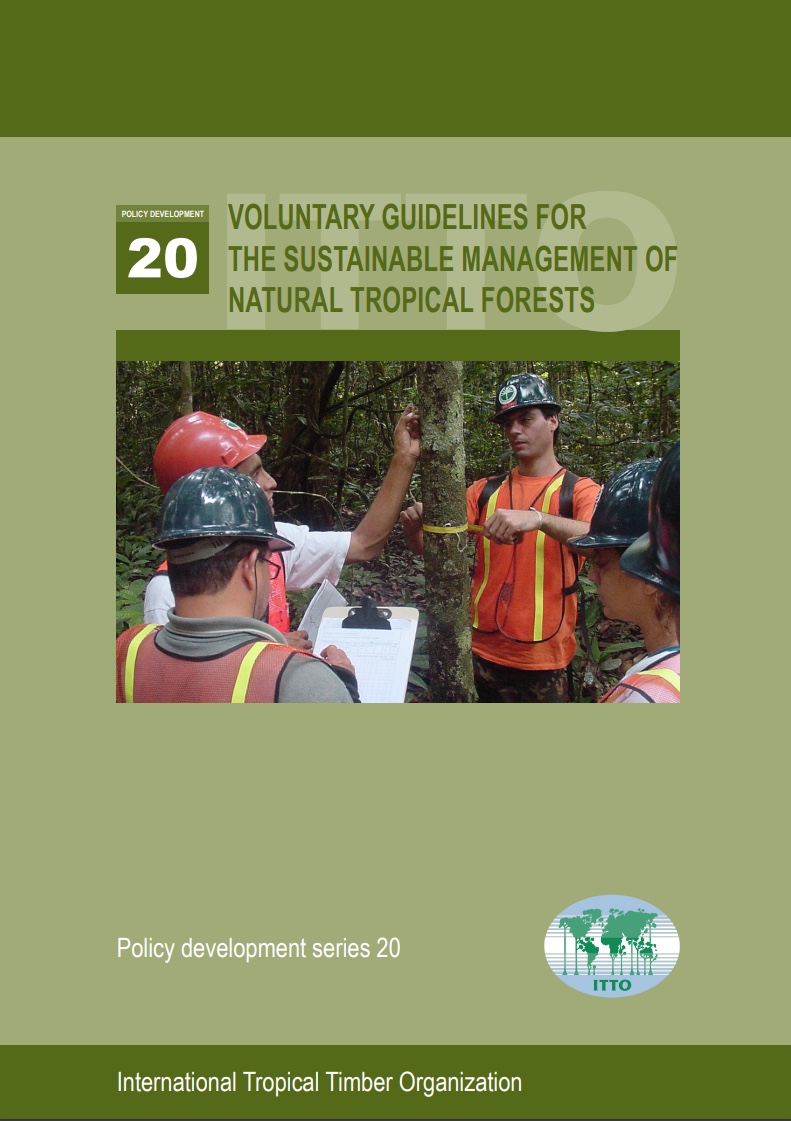Sustainable Financing for Forest and Landscape Restoration
FAO and the Global Mechanism of the UNCCD have joined efforts to prepare this discussion paper on sustainable financing for FLR. It provides an overview of existing funding sources and financial instruments that could be used and adapted specifically for the implementation of FLR efforts at the national, regional and global levels. It identifies innovative financing mechanisms to support the achievement of these global targets and discusses the main challenges for enhanced FLR financing.









